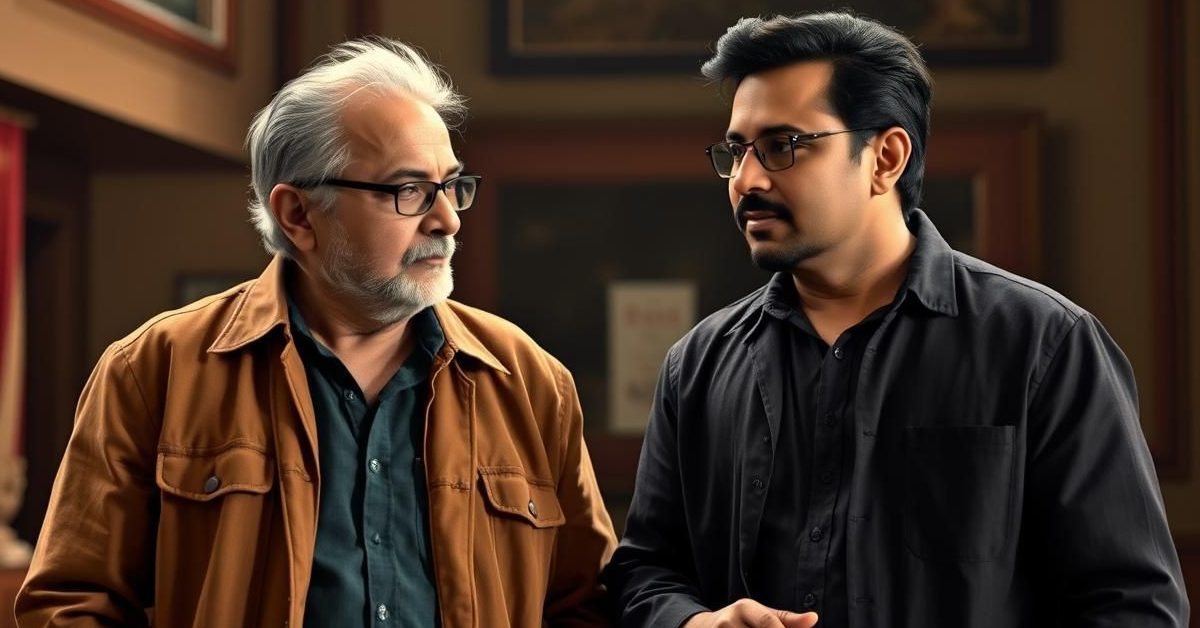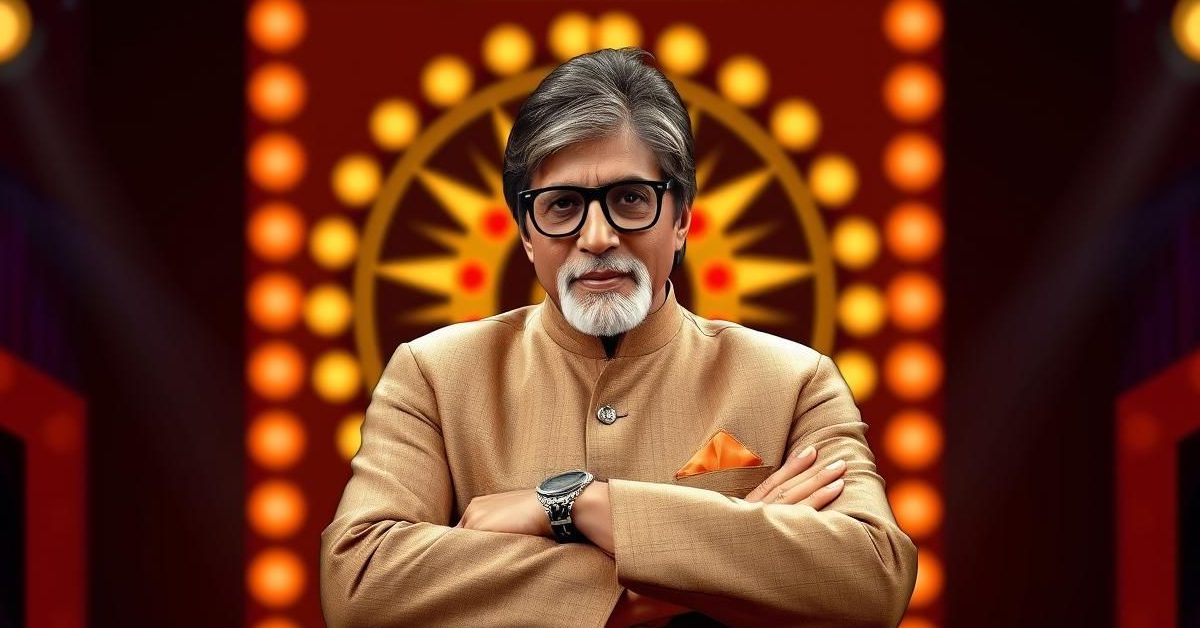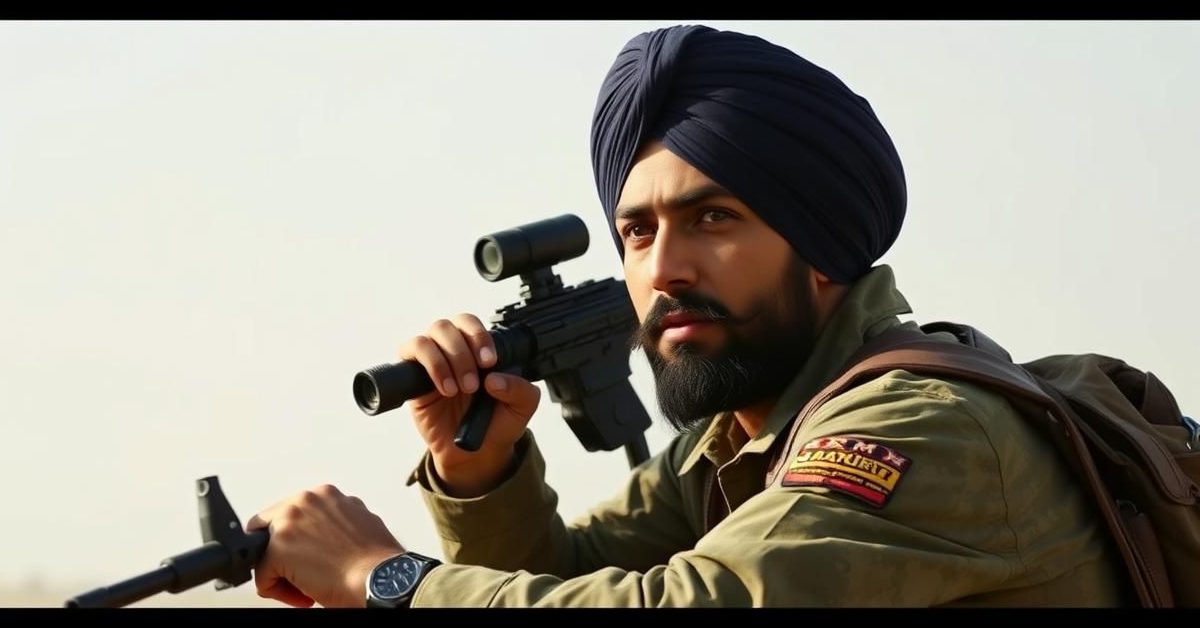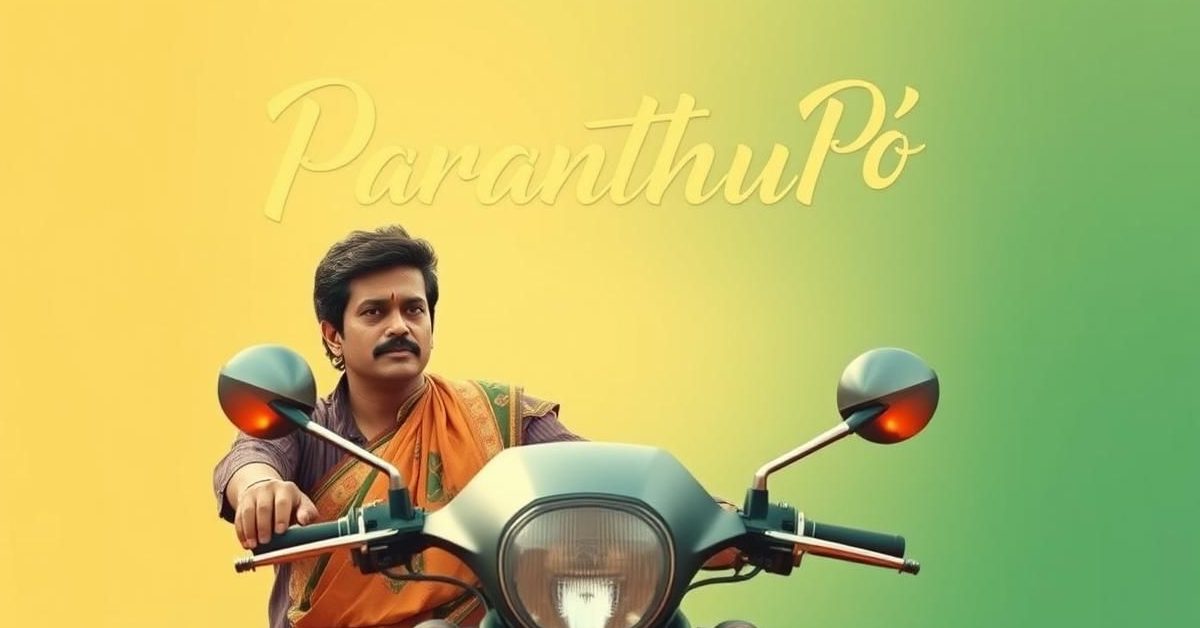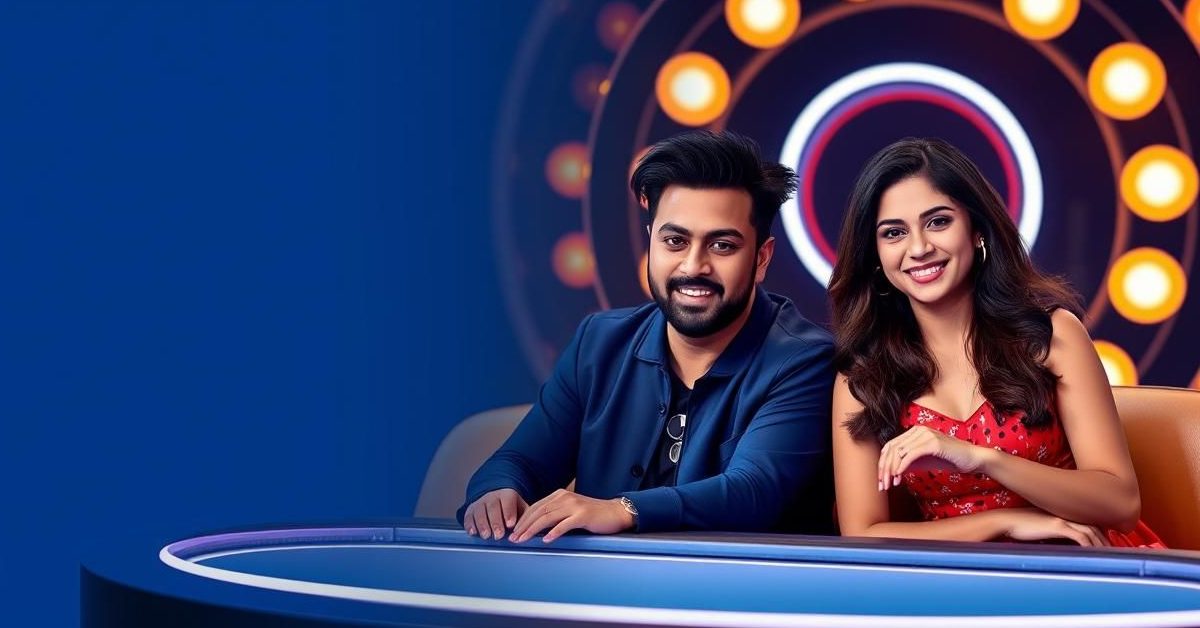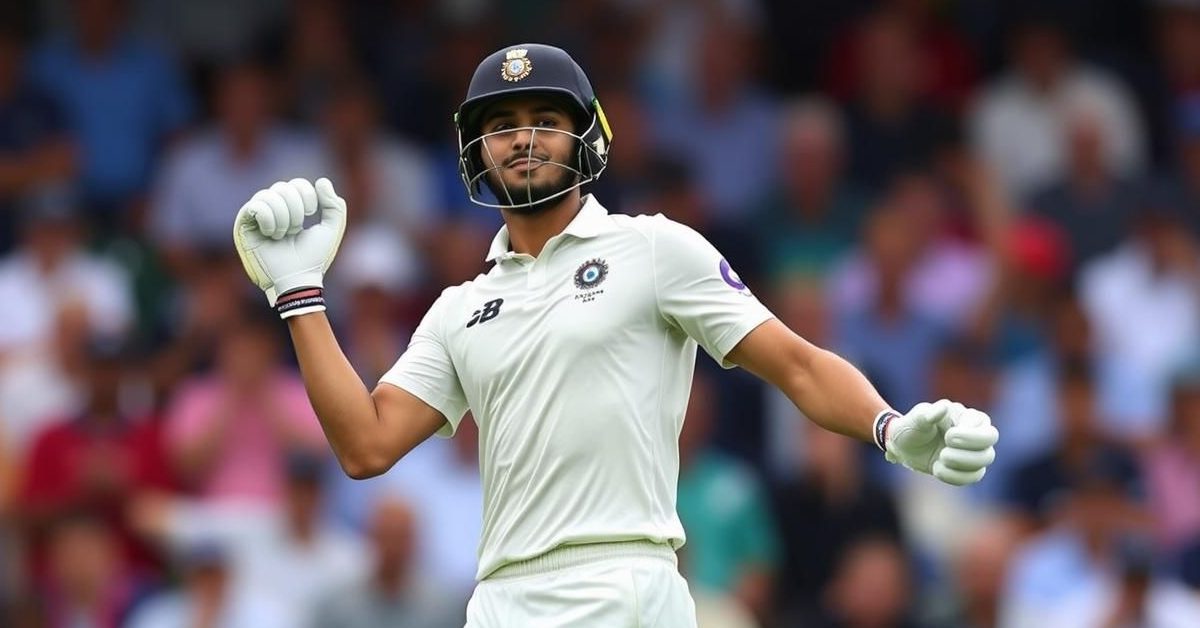The Untold Tale: Anupam Kher’s Fiery Clash with Aamir Khan on ‘Dil Hai Ke Manta Nahin’ Sets
Bollywood’s glittering facade often conceals the vibrant, sometimes volatile, creative dynamics that unfold behind the camera. Veteran actor Anupam Kher recently peeled back a layer of this mystery, recalling a spirited disagreement with a then-burgeoning superstar, Aamir Khan, during the filming of the beloved 1991 romantic comedy, Dil Hai Ke Manta Nahin. This incident not only offers a rare glimpse into the actors’ individual approaches but also highlights the subtle power shifts occurring in Hindi cinema at the turn of the nineties.
Aamir Khan’s Ascent and the ‘Dil Hai Ke Manta Nahin’ Era
By the time Mahesh Bhatt’s cinematic gem Dil Hai Ke Manta Nahin was in production, Aamir Khan was rapidly solidifying his position as a leading man. Hot on the heels of major successes like Mansoor Khan’s groundbreaking Qayamat Se Qayamat Tak (1988) and Indra Kumar’s Dil (1990), Aamir was on the cusp of superstardom. Anupam Kher, on the other hand, was an established powerhouse, revered for his versatility and dramatic prowess, having already delivered acclaimed performances in films like Bhatt’s own Saaransh (1984).
Their prior collaborations, including Dil and later Yash Chopra’s Parampara (1993), had laid a professional foundation. However, the unique on-set dynamic of Dil Hai Ke Manta Nahin, particularly during a pivotal climax sequence, brought their differing artistic perspectives into sharp focus.
The Climax Confrontation: Artistic Visions Collide
The scene in question was crucial: Kher, portraying Seth Dharamchand, the eccentric father to Pooja Bhatt’s runaway bride, was tasked with a highly theatrical moment. “In the climax of Dil Hai Ke Manta Nahin, the father tells his daughter to run away from the wedding. The moment was very exaggerated,” Kher recounted. His interpretation of the scene was bold, leaning into the dramatic flourishes he’s renowned for.
Yet, Aamir Khan, perhaps with a more nuanced or realistic approach in mind, raised an objection. He conveyed his reservations about Kher’s portrayal directly to director Mahesh Bhatt. Kher, a seasoned performer, was ready to deliver a fully committed, larger-than-life performance, but Aamir’s feedback suggested a perceived mismatch.
Mahesh Bhatt’s Role: Fueling the Creative Fire
Director Mahesh Bhatt, known for his unconventional methods and ability to extract raw emotion from his actors, chose not to mediate immediately. Instead, he strategically informed Kher of Aamir’s complaint. This move, as Kher described it, “added fuel to the matter,” transforming a mere difference of opinion into a more direct, albeit unstated, challenge between the two actors.
This creative tension, orchestrated or not, often produces memorable results on screen. But off-screen, it set the stage for Anupam Kher’s unforgettable, though still undisclosed, retort.
The Veteran’s English Phrase: A Masterstroke of Professional Pride
Feeling his artistic integrity questioned, Anupam Kher chose a precise, cutting response. “I used an English phrase for Aamir Khan to shut him down,” Kher revealed. While the exact words remain a tantalizing mystery, the underlying sentiment was clear: a proud assertion of his distinguished background.
Kher, a gold medallist from the esteemed National School of Drama (NSD), was subtly reminding Aamir Khan – who is not formally trained – of the foundational differences in their acting journeys. It was a moment where the weight of experience and academic discipline met the burgeoning confidence of a self-made star.
Beyond the Sets: A Complex Dynamic
The incident left its mark. Kher noted, “Aamir was upset with me throughout the film.” Despite the on-set friction, Kher expressed continued affection, adding, “All my love for him.” This duality speaks volumes about the professional respect that can coexist with creative disagreements in the demanding world of filmmaking. Aamir’s trajectory continued upward, cementing his status with films like Mahesh Bhatt’s Hum Hain Rahi Pyar Ke (1993) and Mansoor Khan’s cult classic Jo Jeeta Wohi Sikandar (1992), further defining his ‘Aamir Khan’ persona.
The Enduring Power of Formal Training: Kher’s Perspective
Kher’s anecdote resonates deeply with his long-held belief in the power of formal acting education and extensive theatre experience. In a recent exclusive interview with SCREEN, Kher articulated how seasoned actors like himself and Neena Gupta can perform with an innate fluidity, even adapting to challenging spontaneous scenarios.
“Without realizing, we’ve worked like theatre in this film (Metro… In Dino),” Kher stated, referring to his upcoming project. He emphasized that the disciplined training from institutions like NSD allows actors to “incorporate our experiences into these films,” providing a unique advantage.
Anupam Kher’s Diverse Upcoming Projects
Anupam Kher continues his prolific career with several exciting ventures. He will soon be seen alongside Neena Gupta in Anurag Basu’s romantic anthology, Metro… In Dino, which serves as a spiritual successor to the acclaimed 2007 film Life… in a Metro. Additionally, Kher is making his directorial comeback after 23 years with Tanvi the Great. This coming-of-age narrative follows an autistic girl’s inspiring ambition to join the Indian Army, with Kher also taking on a significant supporting role in the film. These projects underscore his enduring commitment to diverse storytelling and artistic expression.
